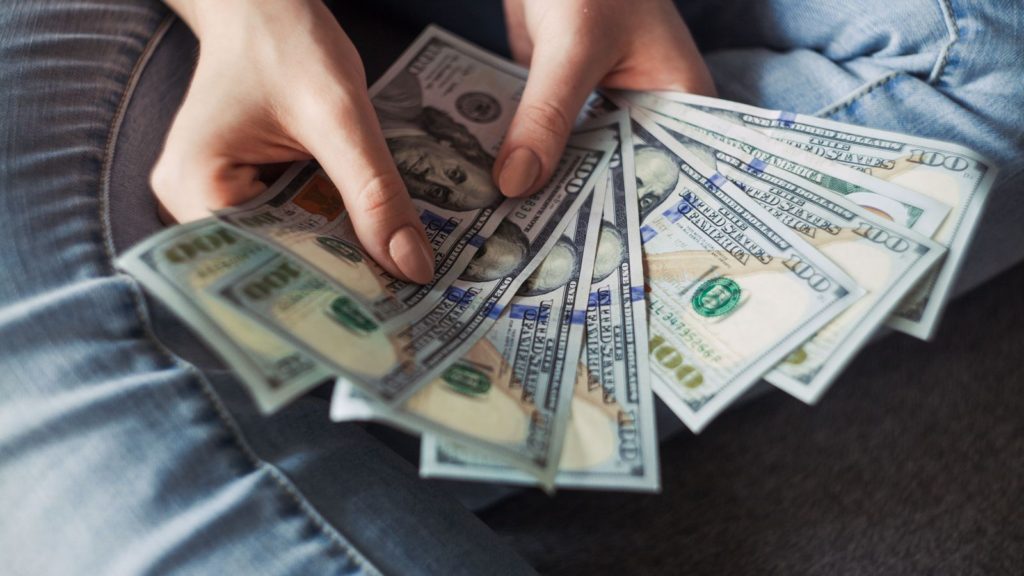Whether you’re looking at investing in a new car with Union Jack plates, or your return to work means new wheels are needed, there are a number of ways to finance your vehicle that you may not be aware of.
However, you want to finance your new set of wheels, be sure to carefully consider your finances first.
Cash

As long as you have enough cash in your current account to cover other purchases or unexpected future car costs, paying with cash is normally the cheapest way to buy a car. Paying with cash is a one-off payment that ensures you own the car outright. Because you own the car outright there are no mileage limits, and you can sell the car at any time.
However, cars depreciate as soon as they’re driven off the dealer’s forecourt, so if you’re looking at investing your money, a car shouldn’t be the place to do so, unless it’s a classic car.
Personal loan
If you don’t have enough cash savings to buy the car outright, you could use what you have to put down the biggest deposit possible and then take out a loan to cover the rest. A personal loan is often the cheapest way to finance a car. However, if you prefer to drive the latest models, then a personal loan might not be for you.
Hire Purchase (HP)
Hire purchase (HP) is a credit agreement in which the finance company pays the car retailer for your chosen car, minus any deposit you’ve paid. The balance, plus interest charges are then repaid over a fixed term. This is a great option if you’re looking to have a newer car or higher spec car than you could ordinarily afford outright. However, with HP the loan is secured against the vehicle. This means, that if you are unable to make the payments, the vehicle will be repossessed.
Personal contract purchase (PCP)
PCP is effectively a loan to help you get a car, but unlike normal personal loans, you won’t be paying off the full value of the car and you won’t own it at the end of the deal – unless you choose to pay the final balloon payment.
PCP agreements offer you that flexibility to either buy the car at the end of the agreement or start a new agreement with a new car. However, if you go over the agreed mileage or you damage the car, you could incur charges.
Personal contract hire (PCH)
PCH is a form of leasing that lets you have the use of a car for between one and four years. Similar to PCP deals, you only repay part of the car’s value; the difference between them is that at the end of PCH you don’t have the ability to buy the car.
PCH deals are ideal if you want lower monthly payments compared with HP or PCP agreements, but they do give you the ability to drive a more expensive vehicle. However, because you don’t own the car at the end of the agreement, you have no asset to show for your investment.


